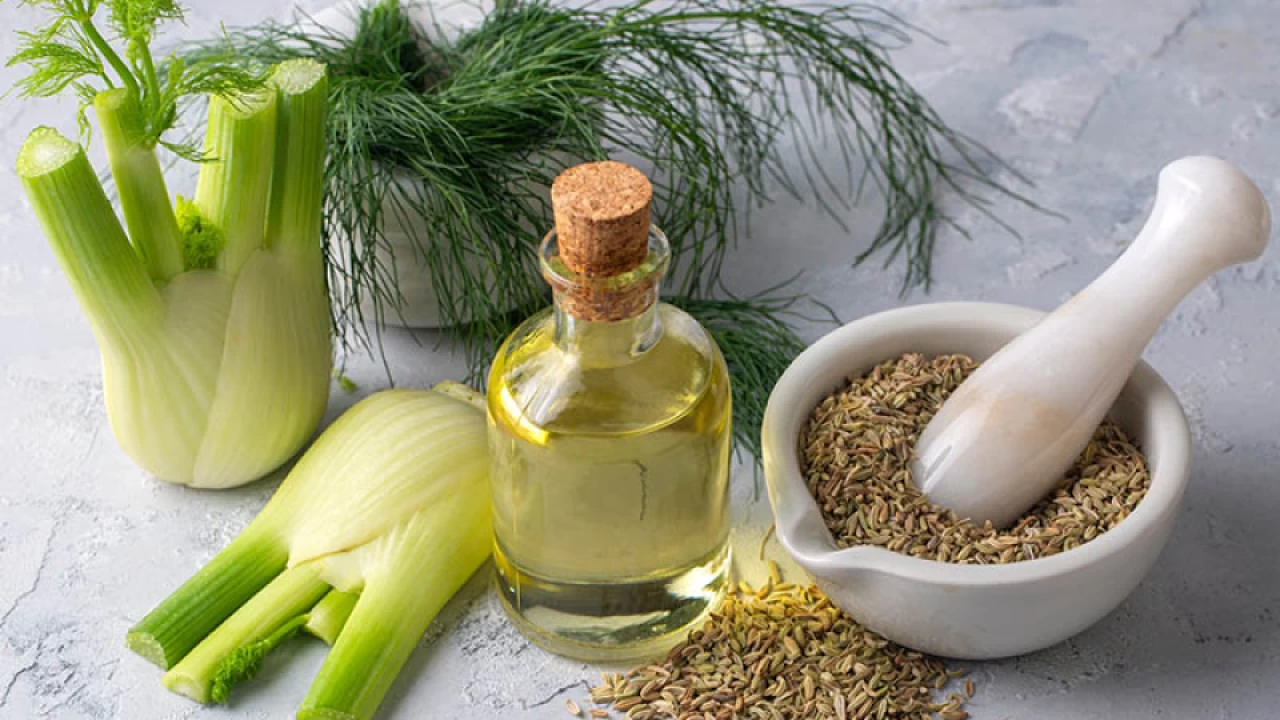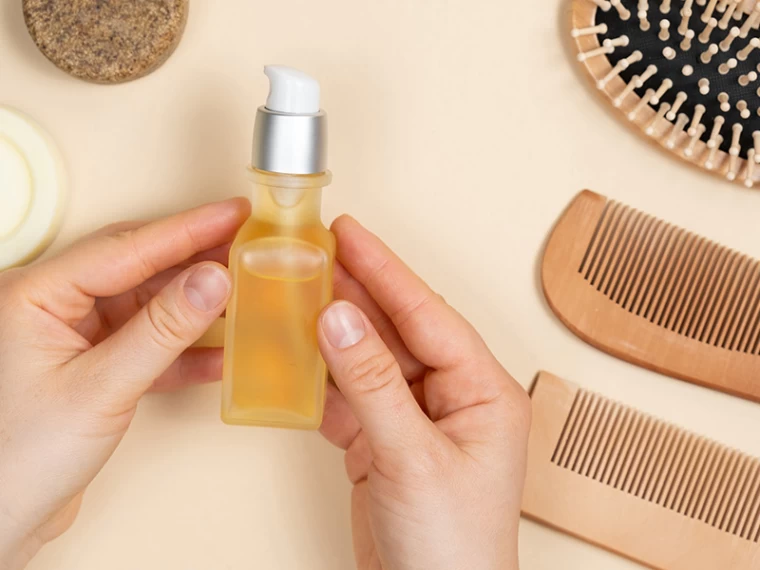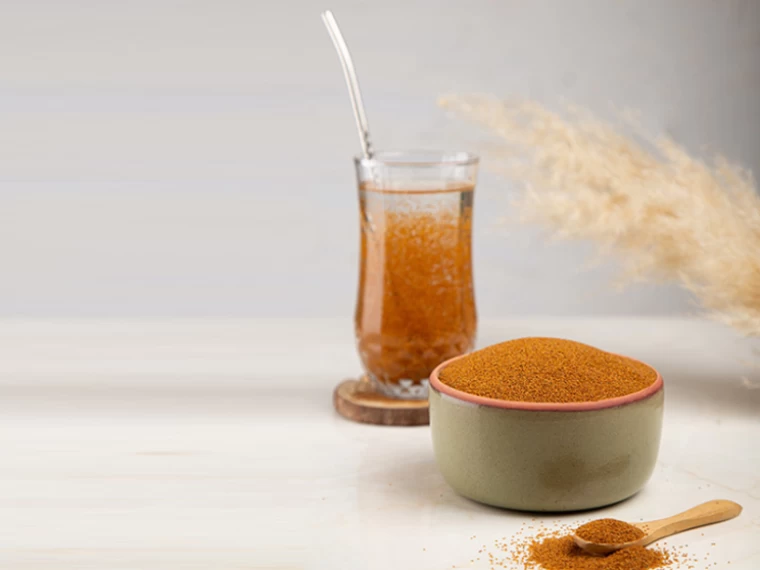Fennel (Foeniculum vulgare) is a plant from the umbelliferae family, recognized as both a medicinal and culinary plant in many parts of the world, especially in the Mediterranean region. Known for its sweet taste and pleasant aroma, fennel is used in cooking, traditional medicine, and even in pharmaceuticals. In this article, we will explore the benefits of fennel, how to consume it, its history, and how to plant it.
History of Fennel
Fennel naturally grows in Mediterranean areas and is known as a native plant of these regions. The history of fennel consumption goes back centuries. In various cultures, fennel has been used as an effective remedy for digestive problems and as a flavoring in foods. Since ancient times, this plant has been widely used in traditional Chinese, Indian, Greek, and Roman medicine. Ancient doctors and sages utilized fennel to treat numerous ailments, especially digestive issues.
In ancient Greece, fennel was known as a memory and concentration booster, while in ancient Rome, it was used for weight reduction and digestion regulation. Fennel was also used in traditional Iranian medicine to treat various digestive and respiratory diseases.
Benefits of Fennel
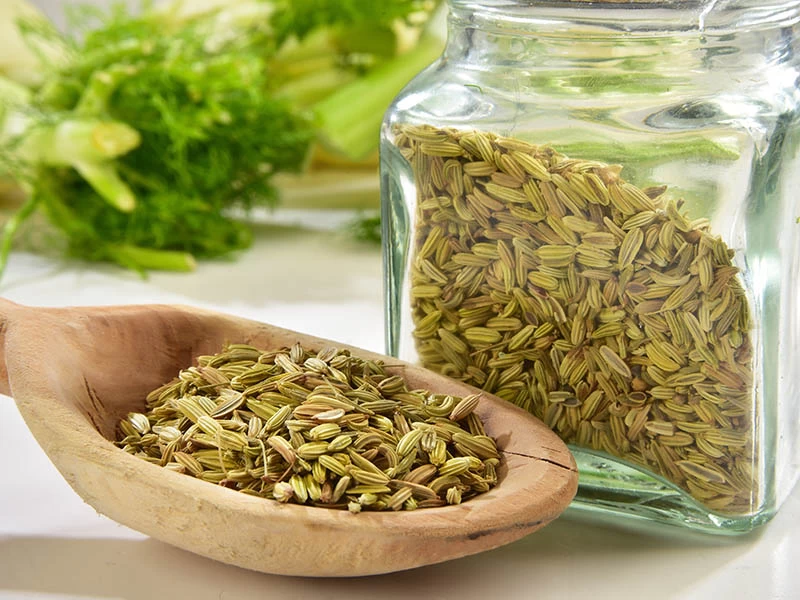
Due to its active compounds, such as antioxidants, vitamins, minerals, and flavonoids, fennel has numerous medicinal properties that are useful in treating different diseases and issues. Here are the main benefits of fennel:
- Relieving Digestive Issues
Fennel is one of the best plants for treating digestive problems such as bloating, flatulence, stomach pain, and heartburn. Its antispasmodic compounds help reduce digestive pains and inflammation. Additionally, fennel stimulates bile production in the liver, aiding in food digestion.
- Boosting the Immune System
Fennel is rich in vitamin C, which helps strengthen the immune system. Regular consumption of this plant can protect the body against various diseases and infections.
- Lowering Blood Sugar
Studies have shown that fennel can help lower blood sugar levels in people with type 2 diabetes. It affects insulin levels and the body's sensitivity to it, helping control blood sugar.
- Anti-Inflammatory Properties
Fennel possesses anti-inflammatory properties and can be beneficial in reducing chronic inflammation, such as arthritis and other inflammatory diseases. This is particularly due to its phenolic compounds and flavonoids.
- Heart Health
Fennel is beneficial for heart and vascular health. Due to compounds like potassium, magnesium, and antioxidants, fennel can help lower blood pressure and reduce the risk of heart diseases.
- Improving Respiratory Function
Fennel is a natural remedy for respiratory diseases such as asthma, bronchitis, and cough. Its compounds help soothe coughs and alleviate respiratory issues.
- Anti-Cancer Properties
Scientific studies have shown that fennel can act as an anti-cancer plant. Its antioxidant compounds can prevent the growth of cancer cells and help in the prevention of various cancers.
- Increasing Breast Milk Production
Fennel has long been known as a beneficial plant for mothers with low milk production. It stimulates the mammary glands and can help increase milk supply.
How to Consume Fennel
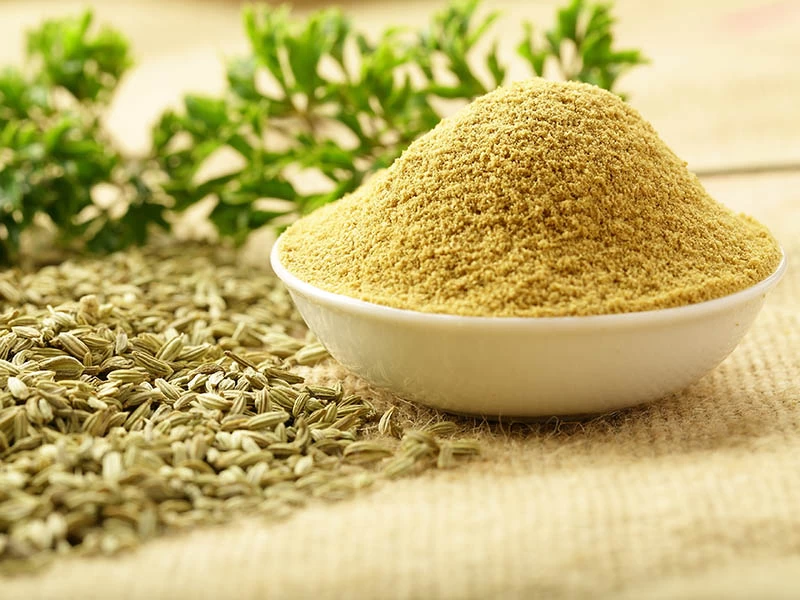
Fennel can be consumed in various ways. Here are some common methods of consumption:
- Fennel Tea
One of the simplest and most effective ways to use fennel's benefits is to make fennel tea. To make this tea, simply add 1 to 2 teaspoons of fennel seeds to a cup of boiling water and let it steep for 5 to 10 minutes. Then strain the tea and consume it. This tea is particularly beneficial for digestive issues and reducing bloating.
- Consuming Fennel Seeds
Fennel seeds can be consumed raw or roasted. They can be used as a flavoring in various foods or consumed as a snack. Fennel seeds can also be used in various infusions and syrups.
- Fennel Oil
Fennel oil is highly regarded for its medicinal and therapeutic properties. This oil is commonly used for skin massage or as a part of topical treatments for various issues like muscle pain, hair loss, and even dry skin.
- Fennel Powder
Fennel powder is another way to consume this plant. It can be used as an additive in foods or infusions. To make fennel powder, grind the fennel seeds thoroughly and use it in different foods or beverages.
How to Plant Fennel and Best Planting Time
Planting Conditions
Fennel grows well in sunny areas with light, well-drained soil. The optimal temperature for fennel growth is between 18 to 25 degrees Celsius. This plant prefers dry climates and does not grow well in areas with heavy rainfall.
Best Planting Time
The best time to plant fennel is in early spring when the risk of frost has passed. In temperate regions, fennel can be planted in March and April. Generally, fennel should be planted after the last spring frost for optimal growth.
Planting Method
To plant fennel, sow the seeds in soft, fertile soil with shallow depth. The distance between each seed should be about 30 centimeters to allow for proper growth. After sowing the seeds, keep the soil moist and take necessary care until the plant germinates.
Conclusion
Fennel is a highly beneficial medicinal plant with numerous health benefits. From treating digestive issues to boosting the immune system, lowering blood sugar, and having anti-inflammatory and anti-cancer properties, fennel can be a natural remedy alongside traditional medical treatments. Additionally, planting fennel is simple, and this plant grows well in suitable conditions. It can be consumed in various forms, from tea and infusions to oil and powder. Therefore, fennel is a valuable plant from which one can extensively benefit.
Frequently Asked Questions
- Is fennel useful for weight loss?
- Yes, fennel can naturally aid in weight loss. It improves digestion, reduces appetite, and stimulates metabolism. Additionally, fennel acts as a natural diuretic, helping expel excess fluids from the body, which can reduce water weight.
- Is fennel safe for pregnant women?
- Fennel should be consumed with caution in pregnancy. In some cases, excessive consumption of fennel may cause uterine stimulation, potentially leading to miscarriage. Therefore, it is recommended to consult a doctor before consuming fennel in pregnancy.
- Is fennel effective in treating constipation?
- Yes, fennel can be effective in treating constipation. It acts as a mild laxative, stimulating bowel movements and easing stool passage. Additionally, fennel consumption can reduce bloating and abdominal pain.
- Does fennel help increase breast milk production?
- Yes, fennel is known as a galactagogue (milk production enhancer). Many mothers use fennel to increase milk supply. It stimulates mammary glands, especially beneficial during breastfeeding. However, it should be consumed in moderate amounts, and any unusual reactions should prompt discontinuation.
- How does fennel affect blood sugar levels?
- Fennel can help regulate blood sugar levels. Studies have shown that it can reduce blood sugar levels, particularly in individuals with type 2 diabetes. However, those taking diabetes medications should consult their doctor before consuming fennel.
- Is fennel beneficial for reducing estrogen levels in the body?
- Fennel contains phytoestrogens, compounds that act similarly to estrogen in the body. Therefore, fennel consumption may be particularly beneficial for those with low estrogen levels (e.g., menopausal women). However, those with hormonal issues or estrogen sensitivity should consume fennel with caution.
- Can fennel cause allergies?
- In some people, fennel consumption may lead to allergic reactions such as itching, hives, or inflammation. Those with a history of allergy to plants in the umbelliferae family (like carrots and celery) should avoid fennel or consult a doctor.
- Is fennel good for the skin?
- Yes, fennel has anti-inflammatory properties and can help treat skin issues like acne, pimples, and inflammation. Some people use fennel oil for skin massage and soothing inflammations. Additionally, fennel can act as a natural toner for the skin.
- Can fennel be used as a flavoring in foods?
- Yes, fennel is an excellent flavoring agent in various foods. Fennel seeds have a sweet taste and distinctive aroma, adding flavor to soups, stews, salads, desserts, and beverages. This plant is also used in some Indian and Asian spices.
- How can fennel be used to make tea?
- To make fennel tea, simply add one to two teaspoons of fennel seeds to a cup of boiling water and let it steep for 5 to 10 minutes. Then strain the tea, and you can flavor it with honey or lemon. This tea is very beneficial for relieving digestive pains, reducing bloating, and improving digestion.
- Is fennel good for respiratory issues?
- Due to its anti-inflammatory and antioxidant properties, fennel can be beneficial for treating respiratory problems like asthma and bronchitis. Consuming fennel tea can help reduce cough and soothe respiratory congestion.
- Is fennel good for heart health?
- Yes, fennel can help strengthen heart health. It helps lower blood pressure, prevent fat accumulation in blood vessels, and improve blood circulation. Regular fennel consumption can reduce the risk of heart diseases.

